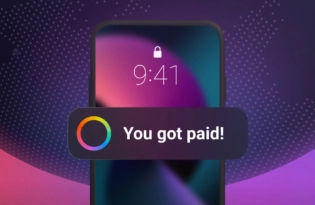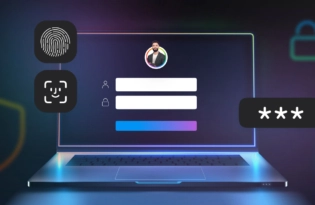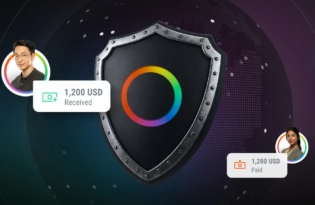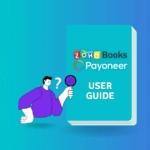Uncover the differences of banking systems around the world
If only every country had identical banking systems. That would make things easier, but it isn’t likely to happen. So, global businesses need to understand each country’s system. Because even small payment errors can cause big problems. Read on to learn about the differences and how Payoneer can help!

In an ideal world, each country would use the same currency, the same formats for banking information, and well the same standards for tax info, ID, and business-to-business payments. That would simplify everything.
But that is not about to happen any time soon.
If you do business with just one country other than your own, it might be relatively easy to figure out their unique standards and peculiarities.
If you’re selling to Sweden, for example, you would know that the currency is the SEK, the Swedish Kroner, and that Swedish bank accounts come in several possible formats. If the account number is 11 digits long, the first 4 digits are the bank code, and the next 7 digits represent the actual account number. But if the account number is 15 digits in length and starts with the number 8, the first 5 digits are the bank code.
But let’s say you are also doing business in India, and need to wire funds there to pay for development work. You would also need to know that India’s Account Tax Number is structured under a new series based on the following company parameters and uses the Phonetic Soundex code algorithm to ensure it is unique; PetFull name of the company. Date of birth or incorporation. Status: Father’s name. It goes on from there.
Add more countries, and everything gets more complicated. In Japan, account holders’ names can be entered in Kanji or Hiragani characters. In Argentina, and in Bangladesh, you must preserve leading zeros in account numbers. For the Russian Federation, paying in Rubles, patronymic names must be entered in English, or in Cyrillic, depending.
The difficulty is, seemingly small errors in making international payments can create failures and delays that can interfere with business, and require inordinate amount of time to untangle and rectify. Especially if you’re working with partners in multiple countries worldwide.
That’s why more and more buyers, sellers and global companies are opting to handle their global payments and receipts via Payoneer.
On Payoneer’s platform, everything works through a Payoneer ID: no matter where you’re paying to or receiving funds from. You can ignore all the complexity and quirks of your business partners’ banking systems and save valuable time in the process.
We at Payoneer have teams of people who live and breathe the details of international banking. They understand the difference between dealing with trading euro in Brazil, versus the Brazil real, so you don’t have to. All the complexity and complications are managed automatically in Payoneer.
You’re free to do business. Wherever it takes you. While we sweat the details.
Related resources
Latest articles
-
How to prevent online payment fraud as an SMB
Prevent online payment fraud by overcoming challenges like phishing, fake accounts, and account takeovers (ATO) with enhanced security features from Payoneer.
-
A guide to starting a business in Estonia as a non-citizen
If you’ve thought about opening a new business somewhere with plenty of government support, expanding your business into the EU, or making it easier to work as a contractor or digital nomad anywhere in the European Economic Area (EEA), you should think about starting a business in Estonia…
-
Amazon Fees & Policy Updates 2024
Amazon regularly makes planned updates to fees and policies that may impact Payoneer customers that sell on Amazon. To keep Payoneer customers informed regarding upcoming and past updates, we’re providing a list of known changes to Amazon fees and Policy updates.
-
How Payoneer’s target exchange rate feature will help you save more on bank withdrawals
Boost savings with Payoneer’s target exchange rate feature.
-
Navigating phishing attacks: A guide to keeping your Payoneer account secure
Keeping your funds safe is our number one priority at Payoneer. While phishing attempts can happen, arming yourself with knowledge is key to keeping your data and money safe
-
Zoho Books and Payoneer integration guide
Learn how to seamlessly integrate Payoneer with Zoho Books. Follow our step-by-step guide to connect your accounts, create invoices, and manage payments efficiently. Optimize your financial operations today!














